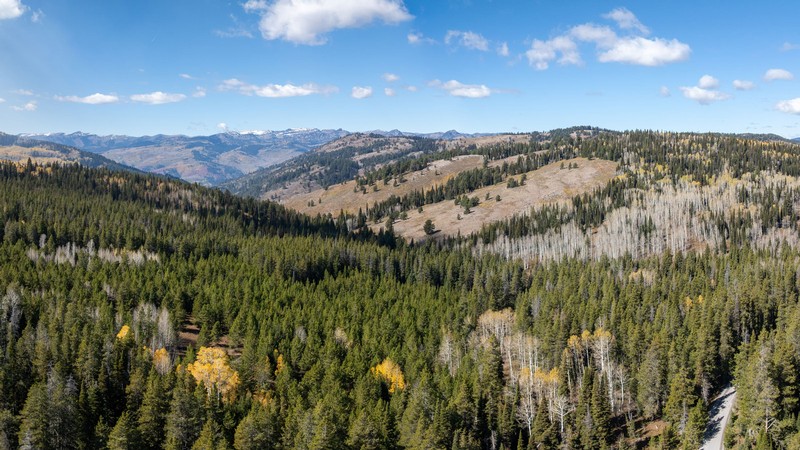
USU Survey Shows Broad Public Support for Environmental Action in Utah
How did your country report this? Share your view in the comments.
Diverging Reports Breakdown
USU Survey Shows Broad Public Support for Environmental Action in Utah
Utah State University’s Community and Natural Resources Institute surveyed a random sample of residents across the state in late 2024 and early 2025. The greatest areas of concern for respondents are the drying up of the Great Salt Lake, the loss of biodiversity and climate change. Over half of respondents thought the government, on both federal and state levels, was not managing water responsibly. Over 55% of respondents support strengthening environmental regulations in the U.S., and over 78% indicated that protecting the environment is more important than economic growth. The survey respondents represent 468 households distributed across 26 of Utah’S 29 counties. The results come at a critical moment for the state, as many environmental and natural resource issues are at the forefront of the minds of residents and politicians.
The poll from Utah State University’s Community and Natural Resources Institute surveyed a random sample of residents across the state in late 2024 and early 2025 to determine attitudes and perceptions around a variety of environmental issues facing Utah today.
The representative survey results come at a critical moment for the state, as many environmental and natural resource issues are at the forefront of the minds of residents and politicians. Additionally, the 2025 Utah People and the Environment Poll allows for comparison with the 2023 survey edition and analysis of changes in Utahns’ environmental values over time.
“I am excited to share some of the initial results from our second UPEP,” said Jessica Schad, director of CANRI and the administrator of this poll. “This collaborative effort continues to showcase the importance of the natural environment to all types of Utahns, their perceptions of the most pressing issues facing the state today, and highlights some of the solutions that residents would like to see.”
The greatest areas of concern for respondents are the drying up of the Great Salt Lake, the loss of biodiversity and climate change. Many were also concerned about population growth, drought and lack of water and decreasing snowpack. Many respondents want to see state policymakers do more to address these issues.
Overall, support for stronger environmental policy exists in Utah. Over 55% of respondents support strengthening environmental regulations in the U.S., and over 78% indicated that protecting the environment is more important than economic growth.
When asked about the management of specific issues, over half of respondents thought the government, on both federal and state levels, was not managing water responsibly. The Great Salt Lake was of particular concern, with respondents indicating support for a variety of strategies to protect it, such as creating policies to reduce outdoor watering, incentives to reduce municipal, business and agricultural water use and changing water rights.
Utahns also have strong concerns about access to Utah’s public lands, with the vast majority indicating that outdoor recreation options and/or access to wilderness and public lands are important to them. Over 86% of respondents listed this as moderately, very or extremely important. More than 80% indicated that they visit Utah’s public lands often.
Air quality is another issue for Utahns, with close to 77% reporting they agree or strongly agree that air pollution is a serious problem that can cause harm, and over 50% indicating they felt they would likely experience health concerns over their lifetime due to air pollution.
The survey respondents represent 468 households distributed across 26 of Utah’s 29 counties.
“Once again, our positive response to the survey from residents across the state helps us to be confident that we are accurately capturing a diversity of Utahns’ perceptions and experiences so it can be useful to decision-makers,” Schad said.
In addition to asking about issues relating to Utah’s environment, the survey, which was supported by the Janet Quinney Lawson Institute for Land, Water, & Air, the Center for Intersectional Gender Studies & Research and the College of Humanities & Social Sciences, also assessed attitudes toward energy, wildfire, cultural heritage, environment and equality, climate change vulnerabilities and other areas.
To learn more about the survey results or read summaries of the research topics, visit CANRI’s website at https://chass.usu.edu/sociology/canri or contact Director Schad at jessica.schad@usu.edu.
